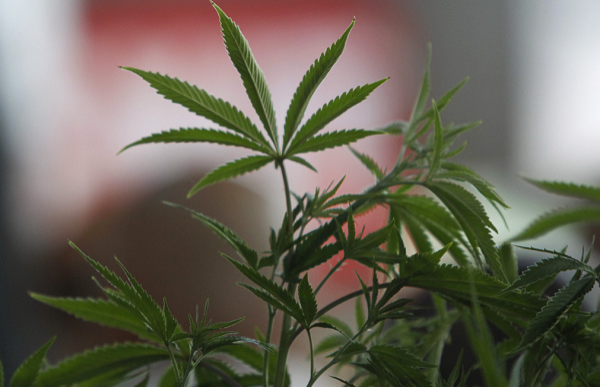Marijuana Legalization In Arkansas 2016: Will Residents Get To Vote For Legal Weed On Election Day?

Almost 142,000 people in Arkansas have already cast their Election Day ballots since early voting officially started on Monday. But votes for one of the state’s marijuana measures – Issue 7 – will not be counted following a Supreme Court decision Thursday to remove the proposed law from ballots.
The 5-2 ruling came after judges reportedly sided with opponents and said supporters of the measure didn’t comply with registration and reporting laws for paid canvassers. The decision called for some 12,000 signatures that had initially been approved by election officials to get tossed out and left supporters from the group backing Issue 7 – Arkansans for Compassionate Care– short 2,500 signatures of the amount needed to qualify for the ballot.
BREAKING: Arkansas Issue 7 medical marijuana disqualified by state Supreme Court! Issue 6 still a go. https://t.co/3zolozcJHs
— 'Radical' Russ — Endowed with Inalienable Rights (@RadicalRuss) October 27, 2016
The measure would have allowed people with specific medical conditions to buy weed from dispensaries with a doctor’s prescription but came with fewer restrictions, like allowing patients to grow their own weed supply if they lived too far from a dispensary. Voters will still be able to vote for Arkansas’ other marijuana measure – Issue 6 – which is very similar to the newly rejected amendment. Arkansans for Compassionate Care has yet to comment on the latest court ruling. Meanwhile, Arkansans United for Medical Marijuana – the group behind Issue 6 – started rolling out TV ads regarding the measure throughout the state just a week before the court rejected Issue 7.
Arkansas voted on legal marijuana back in 2012, but the measure was narrowly rejected. Cannabis supporters got a small victory the year before when then Gov. Mike Beebe approved a new law reducing the penalties for marijuana possession.
Eight more states will vote for marijuana laws on election day, including Arizona, California, Massachusetts, Maine and Nevada, all of whom may be passing legislation legalizing full recreational marijuana use for adults 21 and older.
© Copyright IBTimes 2024. All rights reserved.






















